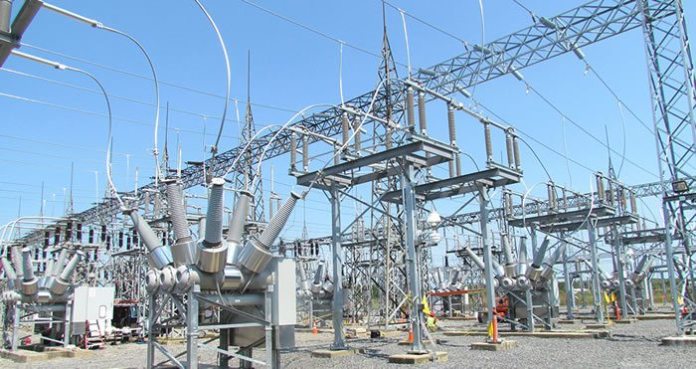The Ministry of Energy has emerged as the sector with the highest financial irregularities in the 2024 Auditor-General’s Report, accounting for GH¢15.8 billion—representing a staggering 86% of total public sector irregularities recorded for the year.
According to the Auditor-General’s breakdown of financial breaches across Ministries, Departments, and Agencies (MDAs), the Ministry of Energy alone was responsible for GH¢15,832,975,487 out of the GH¢18.42 billion in total irregularities for the year ending December 31, 2024.
The bulk of these irregularities stemmed from contract and procurement breaches, as well as store and tax-related irregularities, underscoring persistent issues in how public contracts are awarded and executed within the sector.
At the centre of the issue is the Electricity Company of Ghana (ECG), whose financial underreporting and deficient internal control systems accounted for some of the most serious breaches cited in the Auditor-General’s 2024 report.
In 2023, ECG understated its revenue by over GH¢2.95 billion. While the company actually collected GH¢11.59 billion, it declared only GH¢8.64 billion to the Ministry of Energy and other oversight institutions.
This development is particularly concerning given the country’s ongoing energy sector recovery efforts and the large public investments being channeled into infrastructure, electricity access, and energy transition projects.
While the Auditor-General’s report clarified that a substantial portion of the irregularities is classified as recoverable, the report strongly urges enforcement of financial management rules, enhanced accountability, and a stronger role for internal audits in MDAs.
The report stated: “We recommended strict implementation of our recommendations to ensure financial discipline in the management of public resources.”
The Ministry of Energy’s figure dwarfs irregularities recorded by other key institutions, pointing to an urgent need for reforms in procurement processes and contract supervision in the sector.
The findings come at a time when the government is also under pressure to meet IMF performance benchmarks and restore fiscal stability.
As such, these revelations are likely to influence budgetary allocations and sectoral oversight decisions in the second half of 2025.





































